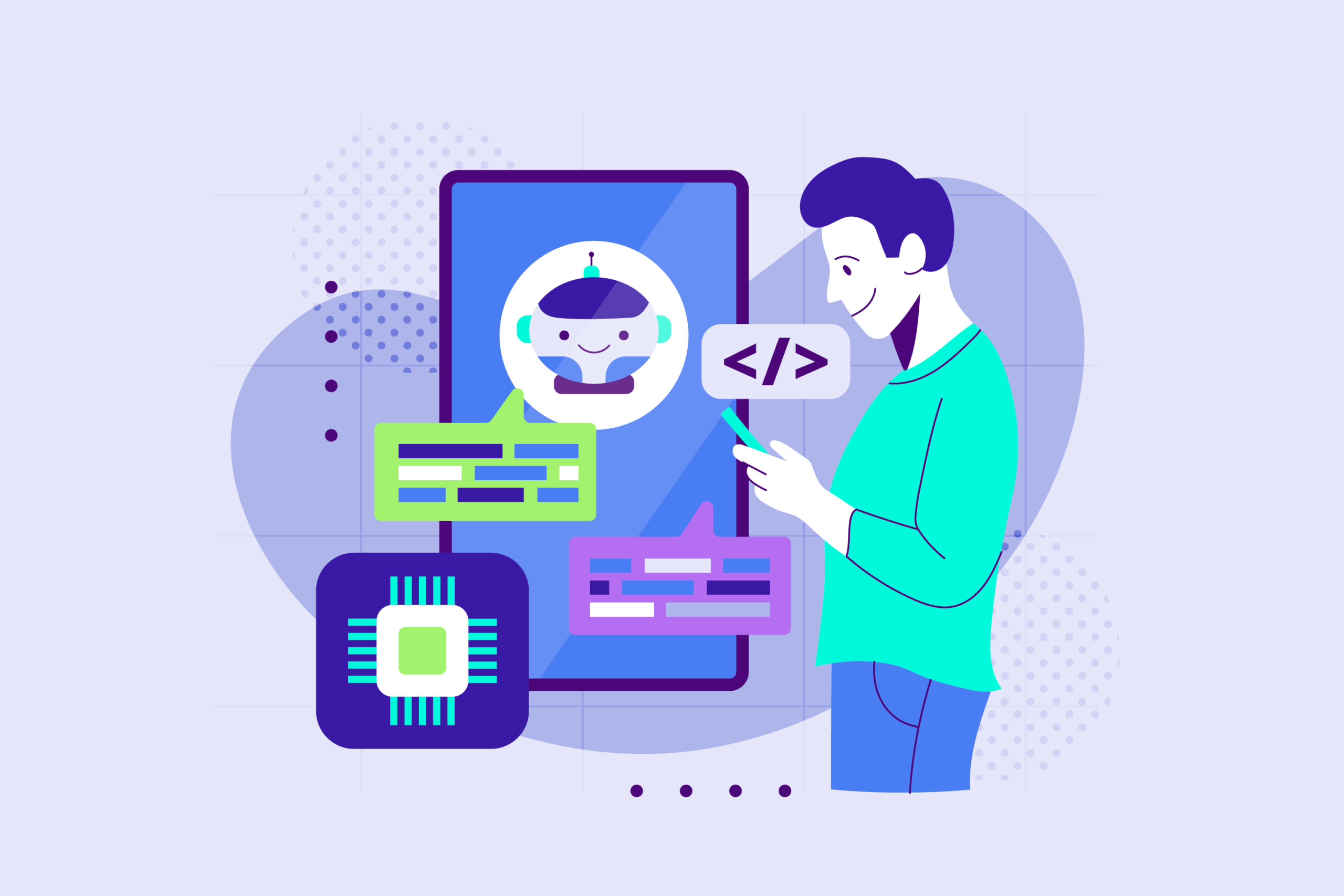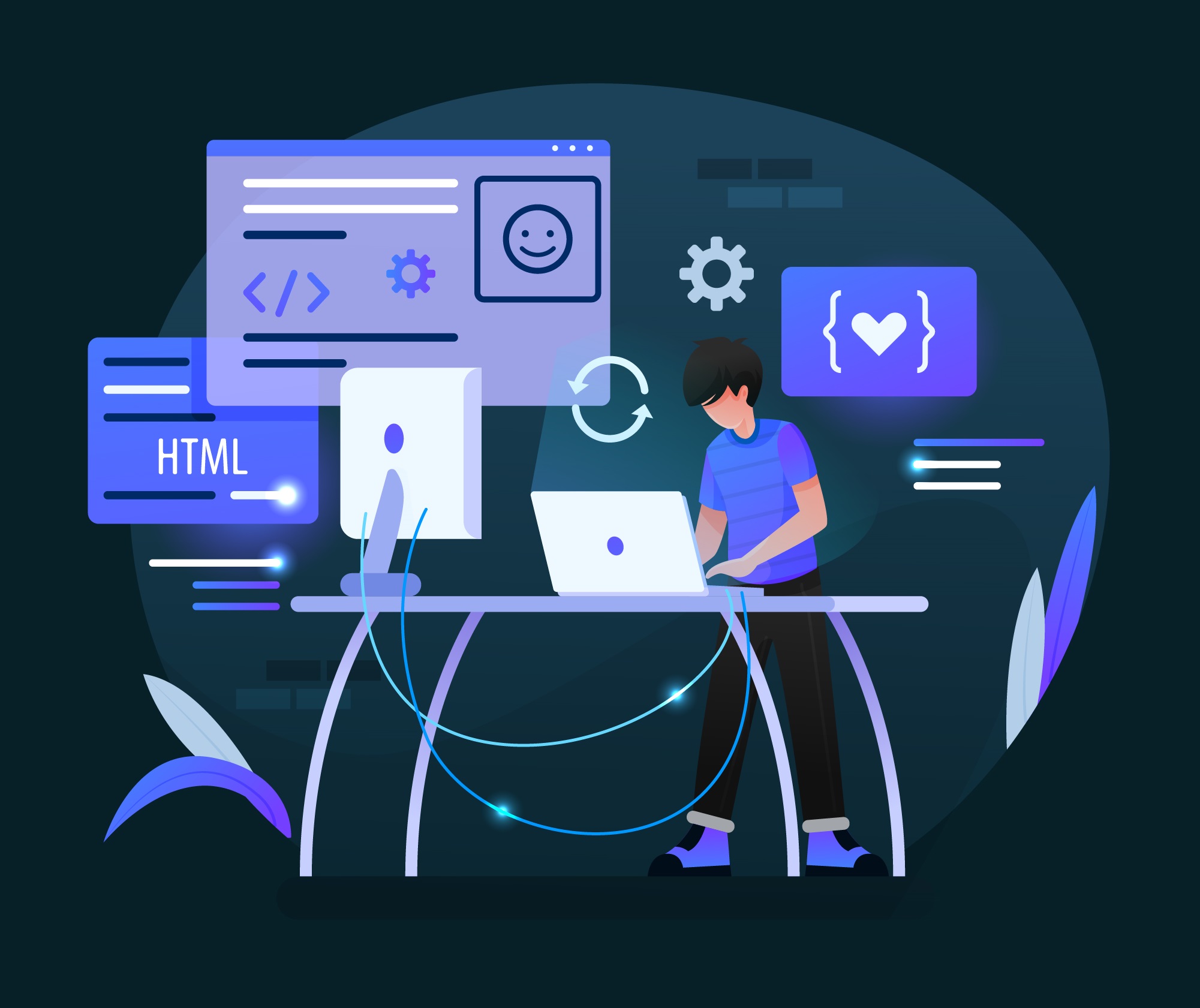Introduction
Artificial Intelligence (AI) has become the backbone of modern applications, enabling businesses to automate processes, enhance customer experiences, and provide personalized solutions. Whether you’re developing a chatbot, a recommendation system, or an AI-driven analytics tool, choosing the right technology stack is critical for success.
In this blog, we’ll explore the top technologies you need when you build an AI app, ensuring efficiency, scalability, and seamless integration.
Why Choosing the Right AI Technology Matters
The success of an AI application largely depends on:
-
Performance – Optimized AI models improve response time and accuracy.
-
Scalability – The ability to handle growing user demands efficiently.
-
Security – Protecting sensitive data from potential threats.
-
Ease of Integration – Ensuring smooth interaction with existing systems.
Selecting the best AI tools and frameworks allows you to create a high-performing and reliable AI application.
Top Technologies to Use When You Build an AI App
1. Machine Learning Frameworks
Machine learning (ML) enables AI applications to learn from data and improve over time. Some popular ML frameworks include:
TensorFlow
-
Developed by Google, TensorFlow is a powerful open-source AI framework.
-
Supports deep learning, neural networks, and large-scale ML models.
-
Offers pre-trained AI models for quick integration.
PyTorch
-
Preferred by AI researchers due to its flexibility and ease of debugging.
-
Supports dynamic computational graphs for real-time AI training.
-
Used in NLP, image processing, and robotics applications.
Scikit-Learn
-
Best for beginners looking to implement simple AI models.
-
Provides tools for classification, regression, and clustering.
-
Works well for small- to medium-sized AI projects.
2. Natural Language Processing (NLP) Libraries
NLP helps AI applications understand and process human language. Key NLP libraries include:
spaCy
-
Efficient for tokenization, named entity recognition, and text classification.
-
Ideal for chatbots, virtual assistants, and sentiment analysis.
NLTK (Natural Language Toolkit)
-
A beginner-friendly library with extensive NLP functions.
-
Suitable for text processing and linguistics research.
Transformers by Hugging Face
-
Supports pre-trained AI models like BERT and GPT.
-
Ideal for language translation, text summarization, and AI-generated content.
3. Computer Vision Technologies
If your AI app requires image recognition or video analysis, consider these tools:
OpenCV
-
A popular open-source library for real-time image and video processing.
-
Used in facial recognition, object detection, and augmented reality.
Google Vision AI
-
Offers cloud-based image recognition APIs.
-
Capable of detecting faces, text, and objects in images.
YOLO (You Only Look Once)
-
A fast and accurate object detection model.
-
Used in autonomous vehicles, security surveillance, and retail analytics.
4. AI-Powered Cloud Platforms
Cloud-based AI services offer scalable infrastructure for AI applications.
Google Cloud AI
-
Provides pre-trained AI models for NLP, vision, and speech recognition.
-
Ideal for businesses needing a fast AI deployment.
Amazon Web Services (AWS) AI
-
Offers AI tools like Rekognition (image analysis) and Lex (chatbots).
-
Supports cloud-based machine learning with SageMaker.
Microsoft Azure AI
-
Features AI services like cognitive search, speech recognition, and chatbot development.
-
Provides scalable AI models with enterprise-level security.
5. AI Chatbot Development Platforms
For businesses looking to integrate AI-driven conversational agents, these platforms are essential:
Dialogflow
-
Google’s AI chatbot platform for natural and engaging conversations.
-
Supports integration with Google Assistant, Messenger, and WhatsApp.
Rasa
-
Open-source chatbot framework with custom NLP capabilities.
-
Allows full control over AI chatbot behavior.
IBM Watson Assistant
-
AI-powered chatbot with deep learning capabilities.
-
Provides accurate responses based on context and intent recognition.
At this stage, you are equipped with the essential technologies to build an AI app that is functional, efficient, and scalable. Selecting the right tools ensures a smooth development process and a high-performing end product.
6. AI Model Deployment and Optimization
After building an AI model, deployment is crucial. Here are the best AI model deployment solutions:
TensorFlow Serving
-
Serves trained AI models in real-time applications.
-
Optimized for production-ready machine learning models.
MLflow
-
Simplifies AI model tracking and versioning.
-
Ensures smooth model deployment across different environments.
ONNX (Open Neural Network Exchange)
-
Allows AI models to be used across different ML frameworks.
-
Facilitates AI model optimization and hardware acceleration.
7. AI Ethics and Security Tools
Ensuring AI transparency, fairness, and security is essential for responsible AI development.
AI Explainability 360 (AIX360)
-
Helps interpret AI decisions and prevent bias.
-
Essential for ethical AI model deployment.
IBM AI Fairness 360
-
Detects and mitigates bias in AI models.
-
Ensures AI-driven decisions are fair and unbiased.
Privacy-Preserving AI (PP-AI)
-
Protects user data using encryption and differential privacy.
-
Useful in healthcare, finance, and legal AI applications.
Future Trends in AI Technologies
1. Generative AI
AI-generated content, images, and videos are gaining popularity. Technologies like ChatGPT and DALL·E will continue advancing.
2. AI Edge Computing
AI models will run on local devices rather than relying solely on cloud computing. This will enhance speed and privacy for AI applications.
3. AI-Powered Code Generation
AI tools like GitHub Copilot and Tabnine assist developers by suggesting code snippets and reducing development time.
4. Quantum AI
Quantum computing will revolutionize AI by solving complex problems much faster than traditional computing.
Conclusion
Choosing the right AI technology stack is crucial when developing a high-performing and scalable application. From machine learning frameworks to NLP libraries and cloud AI platforms, each tool plays a vital role in AI-powered app development.
If you plan to build an AI app, ensure that your technology stack aligns with your application’s needs. The right combination of AI frameworks, cloud platforms, and security tools will help you create a powerful AI-driven solution that meets user expectations and business goals.



